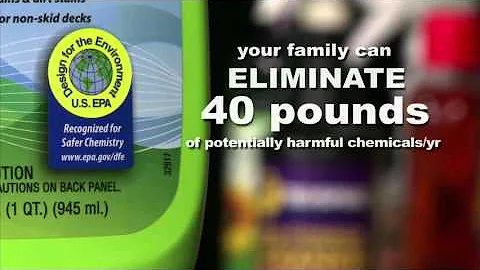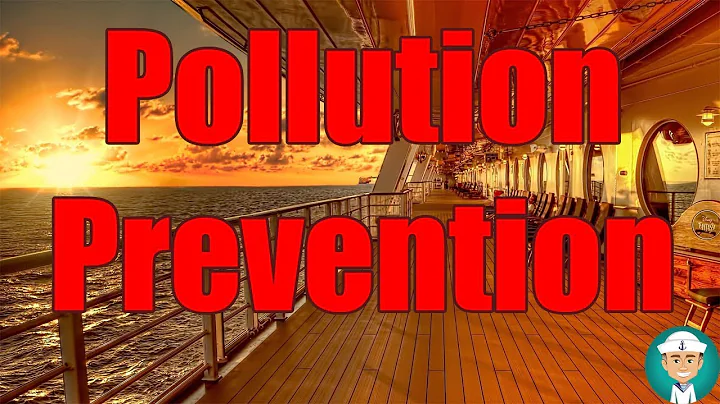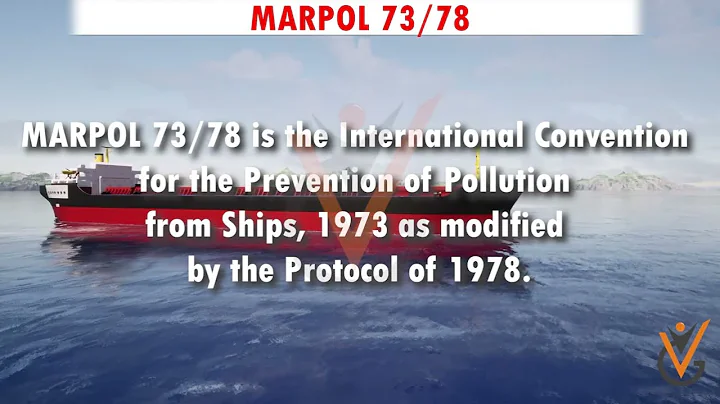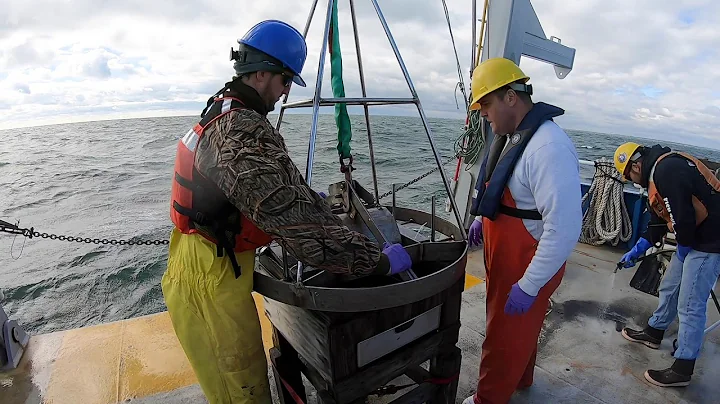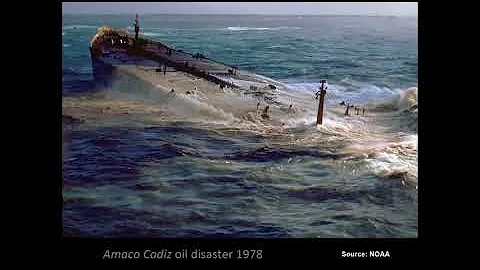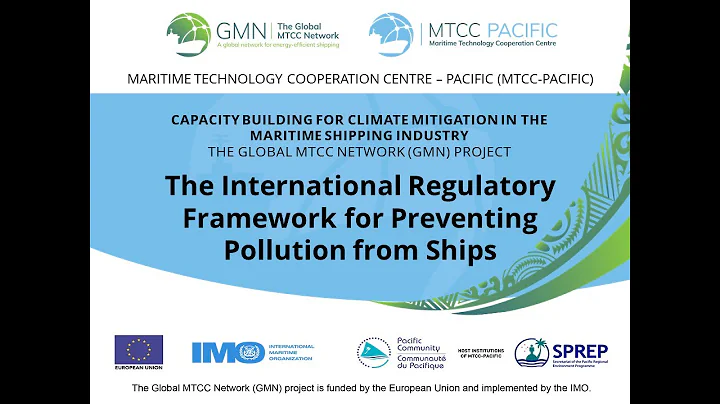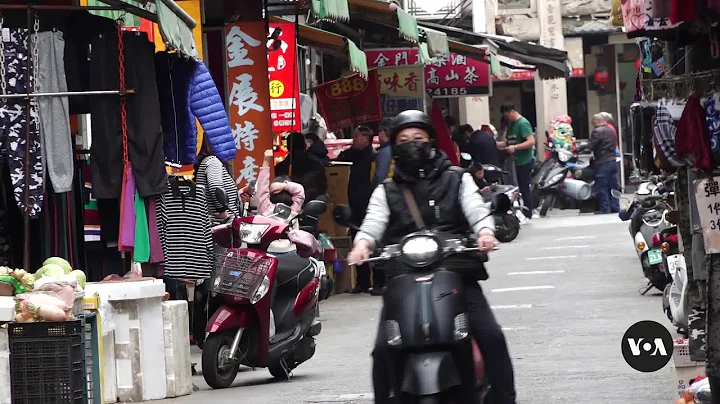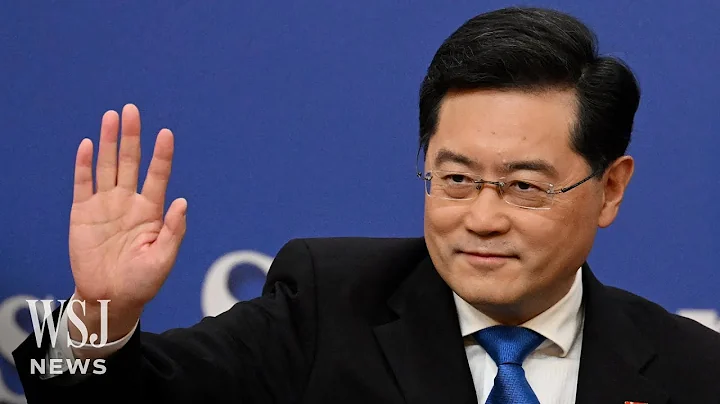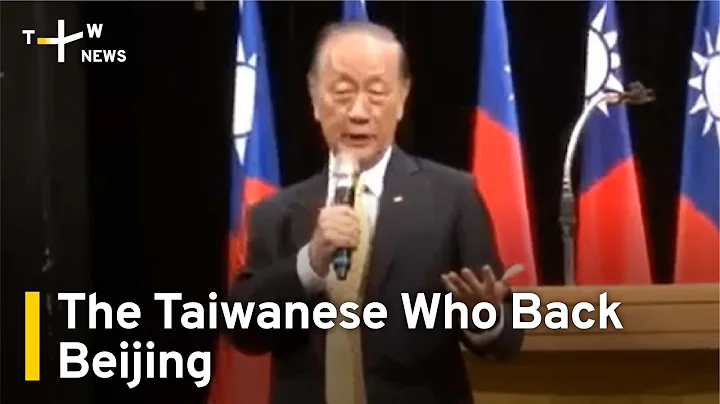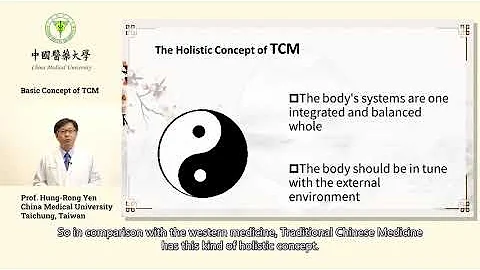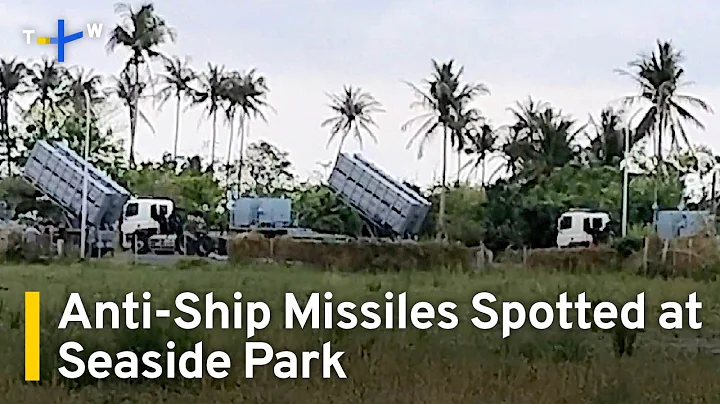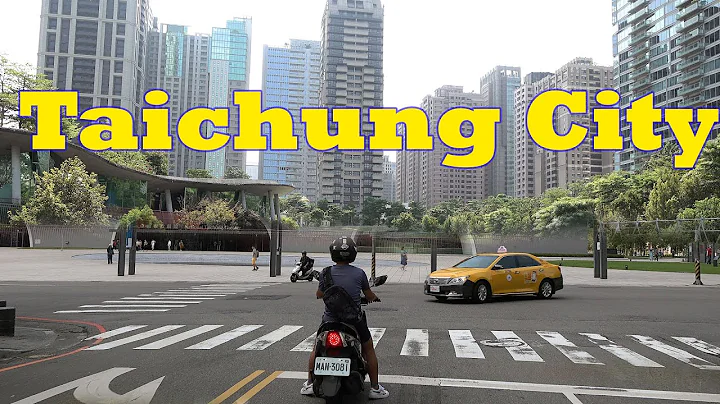Lai Pinyu Environmental Protection Information Center
Taiwan's "Environmental Protection Agency" issued a notice on June 20 to amend the draft amendment to some provisions of the "Marine Pollution Prevention and Control Act". This time the major revision of the law includes " Green Island Clauses", " "Texiang Taipei Clause", the launch of a marine pollution fund, and the "Whistleblower Clause" that have successively seen results in water pollution and food safety.
Since the Maritime Pollution Law is a parent law, after two months of announcement and public hearing procedures, it is expected to be sent to the "Legislative Yuan" for review in the next session.

Green Island heavy oil pollution sinks to the seabed. Image source: Academia Sinica, Taiwan.
"Director of the Soil and Water Conservation Department" Ye Junhong said that after the Green Island oil pollution incident in March this year, the "Legislative Yuan" proposed that the maximum fine limit under the "Maritime Pollution Act" should be increased from NT$1.5 million to NT$300 million (discussed below) (all Taiwan dollars), but the draft proposed by the Environmental Protection Agency this time not only increases the penalties for illegal discharge of waste oil and sewage in the Green Island case, but also the failure to take contingency measures to prevent, eliminate or prevent the Taipei shipwreck in the Dexiang case. To reduce pollution, penalties will also be increased, and a "marine pollution fund" will be created to collect marine pollution prevention and control fees.
Unable to join the International Fund Convention, the Environmental Protection Department will set up its own marine pollution fund
Ye Junhong explained that the planning of the marine pollution fund came from the "empty pockets" situation when dealing with Dexiang Taipei. Although there are currently two international conventions, the Convention on Civil Liability for Oil Pollution Damage (CLC Convention) and the Convention on the International Compensation Fund for Oil Pollution Damage (Fund Convention), which collect funds from shipowners and oil product suppliers respectively and compensate for damages when pollution occurs, However, Taiwan cannot join the Convention. Therefore, although it can seek compensation from the ship owner, it cannot obtain Fund Convention compensation.
Therefore, the "Environmental Protection Agency" plans to refer to the Fund Convention and the government will levy marine pollution prevention and control fees from suppliers that call Taiwan ports and transport imported oil products by sea.
Ye Junhong said that although the charging rate has not yet been set, it is initially planned to collect a fund of NT$300 million a year, 100 million yuan will be used to maintain related equipment, and 200 million yuan will be saved for use in the event of an accident. An oil pollution accident occurs on average every two to three years. This fund can be used to pay for oil pollution treatment, compensation for private victims, and subsequent litigation.
Green Island Clause, Dexiang Taipei Clause, the fine limit has been significantly increased, penalties and navigation bans
Article 39 was revised due to the Green Island case. If a ship violates Article 29, Item 1, it discharges waste (pollution) in the ocean. In addition to facing administrative penalties, those who pollute water, oil, waste or other polluting substances will face a penalty of not less than one year but not more than seven years, and a penalty of not less than 300,000 yuan if they fail to complete the improvement or removal within the deadline required by the competent authority twice. , a fine of less than 300 million yuan. Article 49 of
is to add a shipwreck section to Dexiang Taipei and significantly increase the penalty, raising the upper limit from 1.5 million yuan to 60 million yuan. Article 49 of
originally stipulated that those who should take multiple measures to prevent, eliminate or reduce pollution. If they fail to do so, they will be fined not less than 300,000 yuan but not more than 1.5 million yuan. This time, in addition to raising the upper limit of the above-mentioned actions, those who fail to take measures will be fined 300,000 yuan. In addition to the above 30 million but not more than 30 million; for example, if a ship in Dexiang Taipei is involved in a shipwreck or other accident, if it fails to take measures to prevent, eliminate or reduce pollution in accordance with Article 32, fails to take contingency measures in accordance with the orders of the competent authority, and fails to submit pollution cleanup within the prescribed time limit Those who plan or complete pollution cleanup will be fined not less than RMB 300,000 but not more than RMB 60 million, and fines may be repeated. In serious cases, they may even be referred to the aviation administration authority to ban navigation or sailing.
In addition, this revision of the law also adds mechanisms such as "encourage reporting of illegal activities", "recovery of illegal gains" and "information disclosure".
